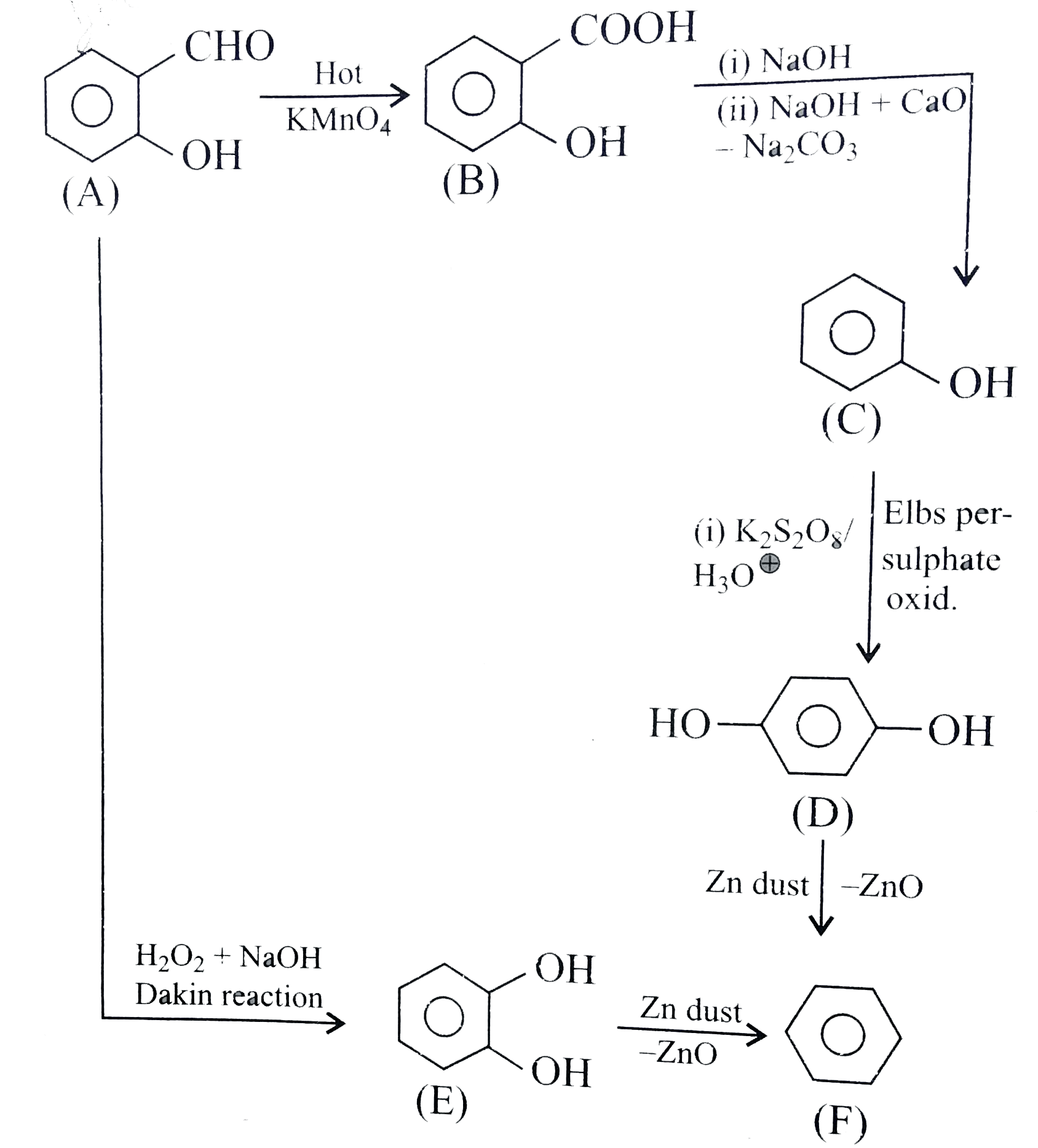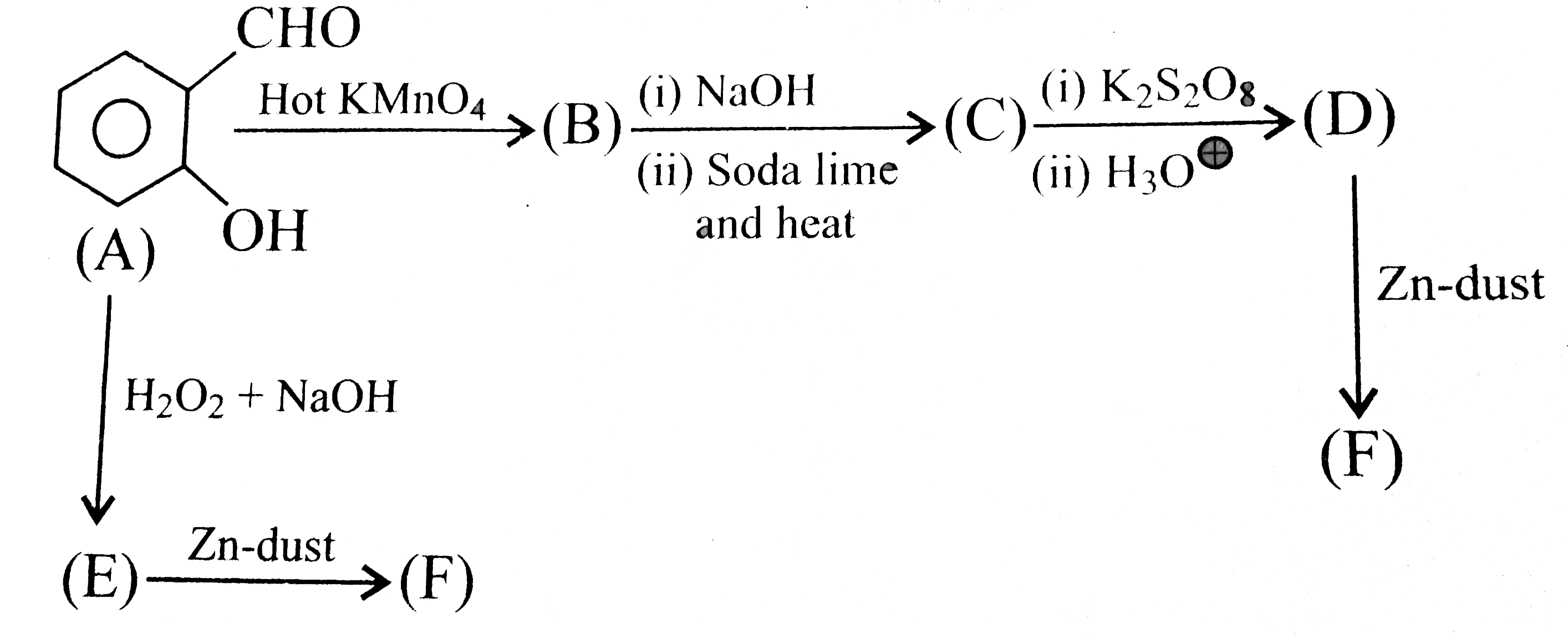
The compound (C ) is:
a.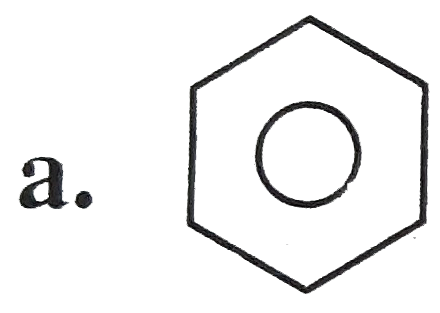
b.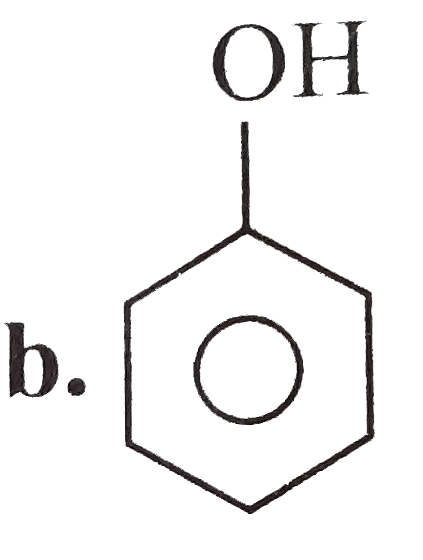
c.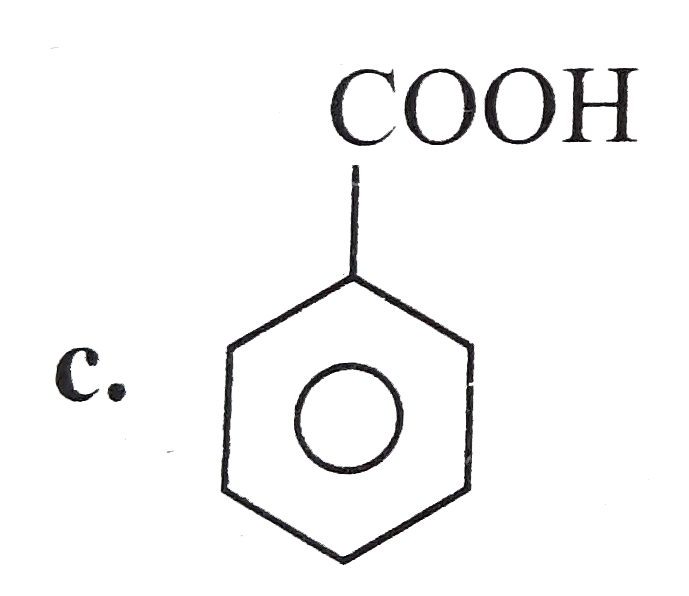
d.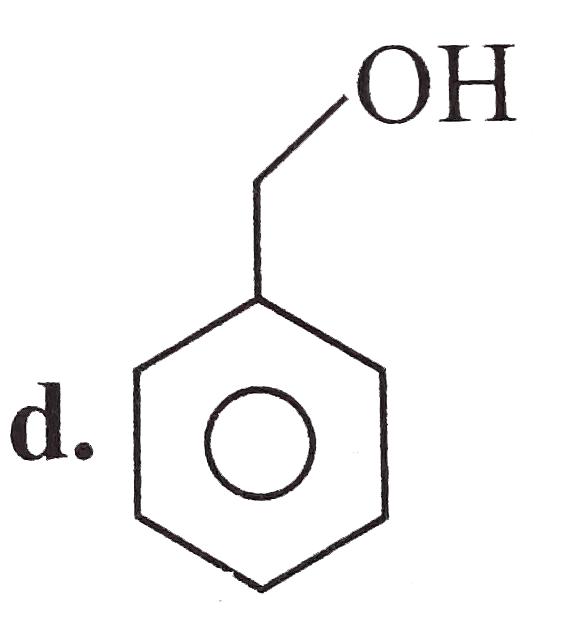
The correct Answer is:B
Topper's Solved these Questions
- REDUCTION AND OXIDATION REACTION OF ORGANIC COMPOUNDSBOOK - CENGAGE CHEMISTRY ENGLISHCHAPTER - REDUCTION AND OXIDATION REACTION OF ORGANIC COMPOUNDSEXERCISE - Exercise (Multiple Correct)
35 Videos
- REDUCTION AND OXIDATION REACTION OF ORGANIC COMPOUNDSBOOK - CENGAGE CHEMISTRY ENGLISHCHAPTER - REDUCTION AND OXIDATION REACTION OF ORGANIC COMPOUNDSEXERCISE - Exercise (Single Correct)
90 Videos
- REDUCTION AND OXIDATION REACTION OF ORGANIC COMPOUNDSBOOK - CENGAGE CHEMISTRY ENGLISHCHAPTER - REDUCTION AND OXIDATION REACTION OF ORGANIC COMPOUNDSEXERCISE - EXERCISES
1 Videos
- QUALITATIVE INORGANIC SALT ANALYSISBOOK - CENGAGE CHEMISTRY ENGLISHCHAPTER - QUALITATIVE INORGANIC SALT ANALYSISEXERCISE - Viva Voce Questions And Part-C (Analysis Of Cations)
42 Videos
- SOLID STATEBOOK - CENGAGE CHEMISTRY ENGLISHCHAPTER - SOLID STATEEXERCISE - Ex 1.2 (Objective)
9 Videos
Similar Questions
a.

Identigy (B) and (C) and also explain the formation of C14(C∗) in the compound (C).
View Solution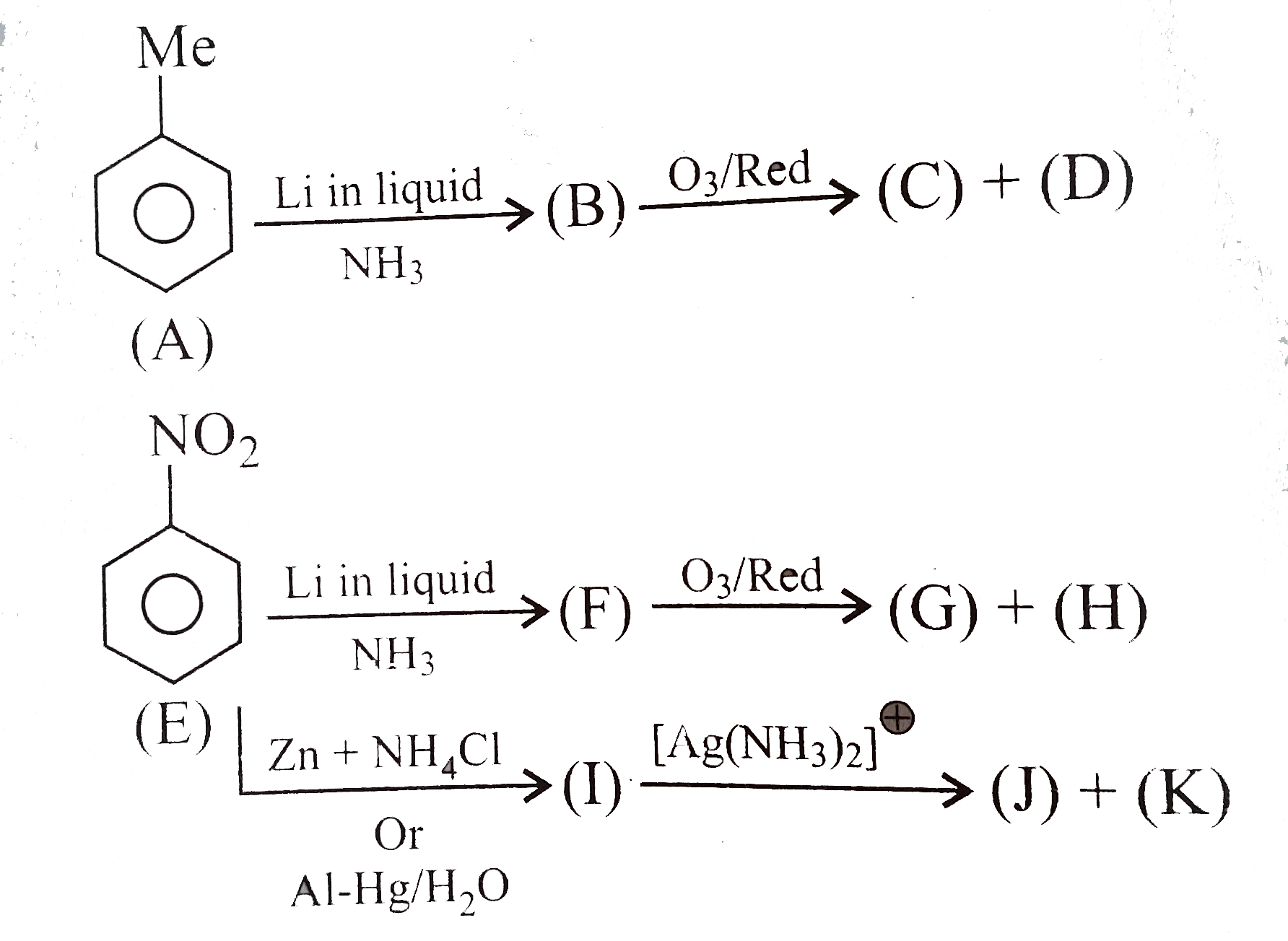
The compound (C ) and (D), respectively, are:
View Solution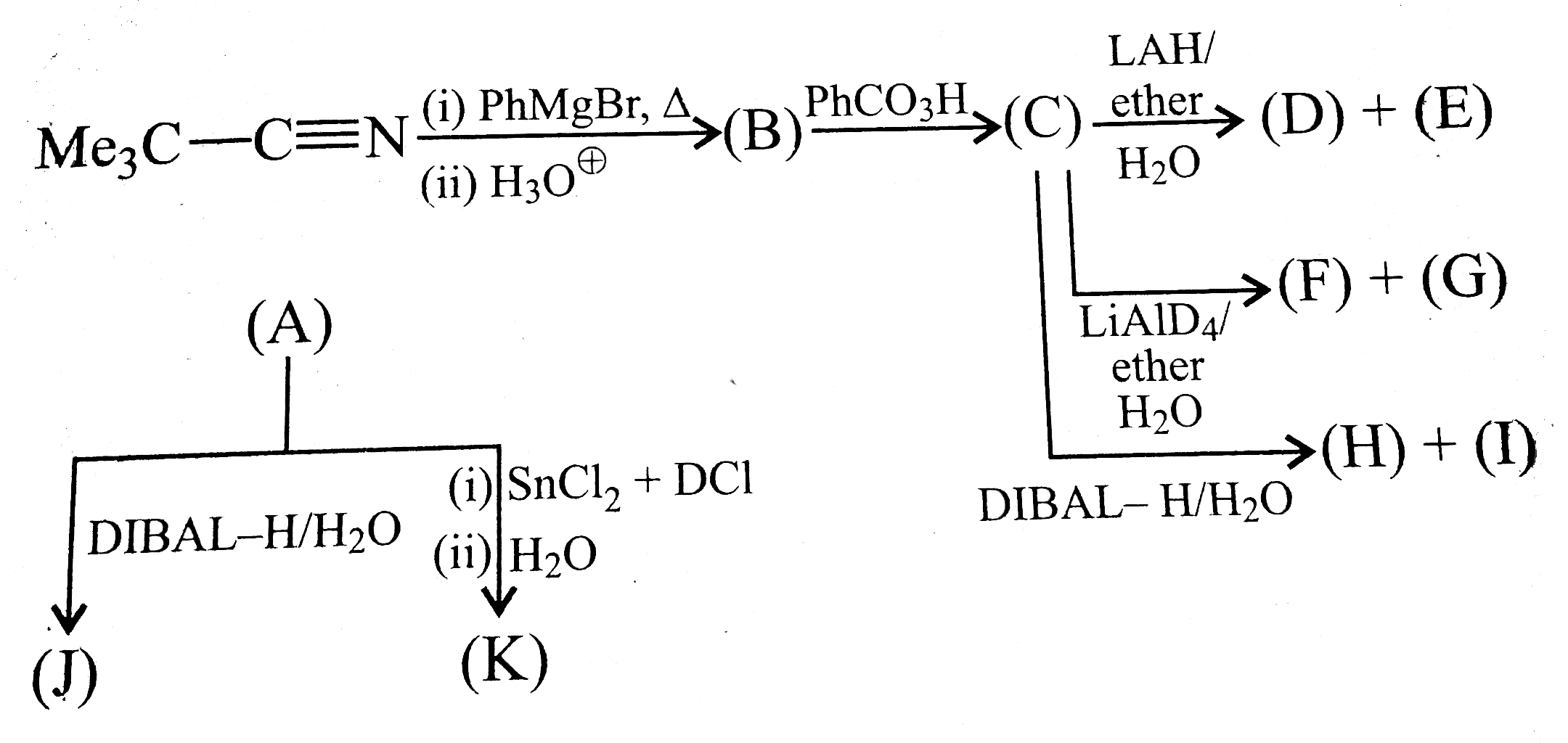
The compound (C ) and the reaction involving the conversion of (B) to (C ) are:
View Solution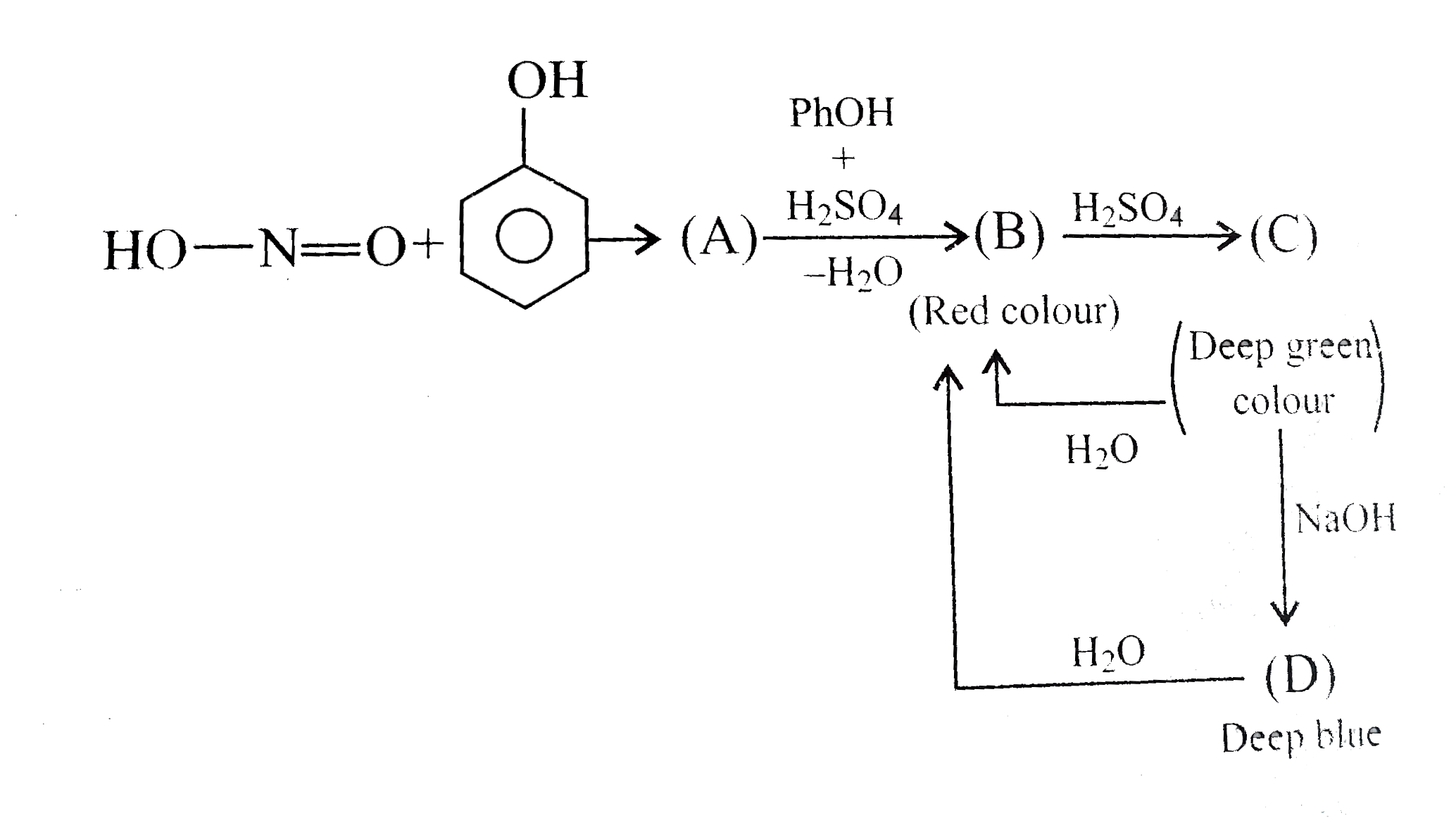
The deep green colour of compound (C ) is due to the formation of:
View SolutionParagraph for problems 9−15
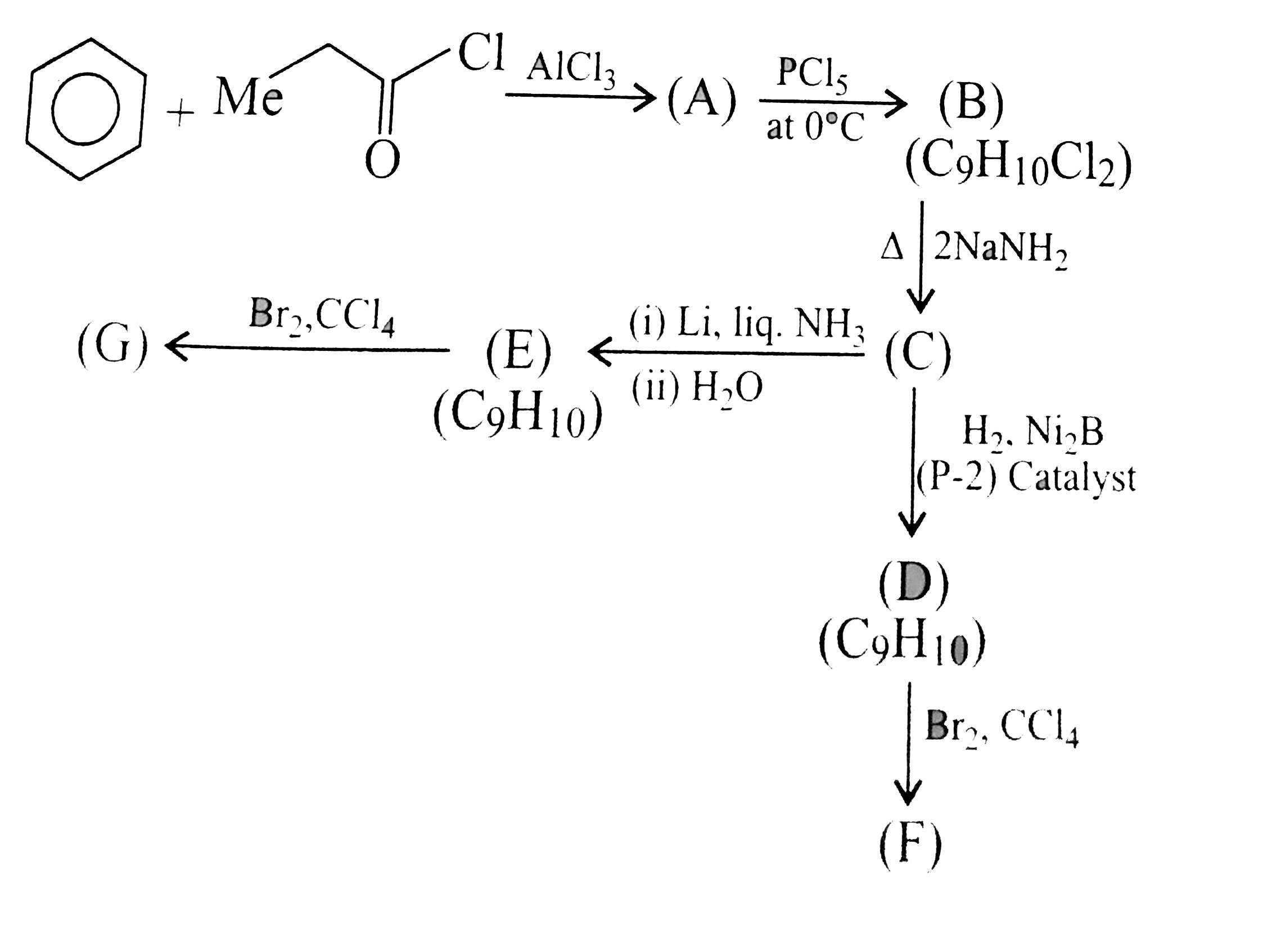
Compound (C) is:
View Solution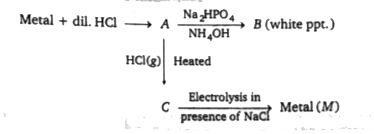
Q. The compound C and metal M are:
View Solution
Q. The compound C and metal M are:
View SolutionThe compound (A) in the previous question is further hydrolysed in dilute acidic medium to give compounds (B) and (C). The compounds (B) and (C) are :
View Solution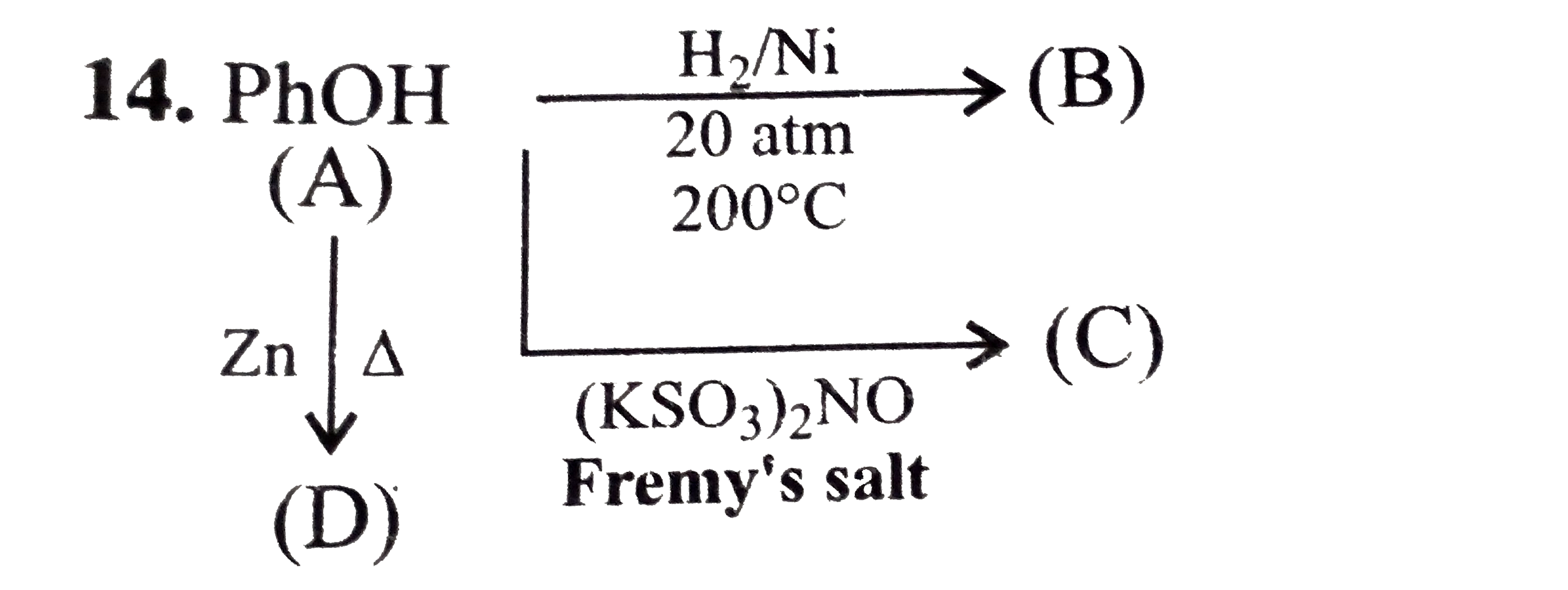
The compounds (B), (C ), (D), respectively are:
View Solutioncompound (A) forms a ketone. It undergoes in following reaction scheme
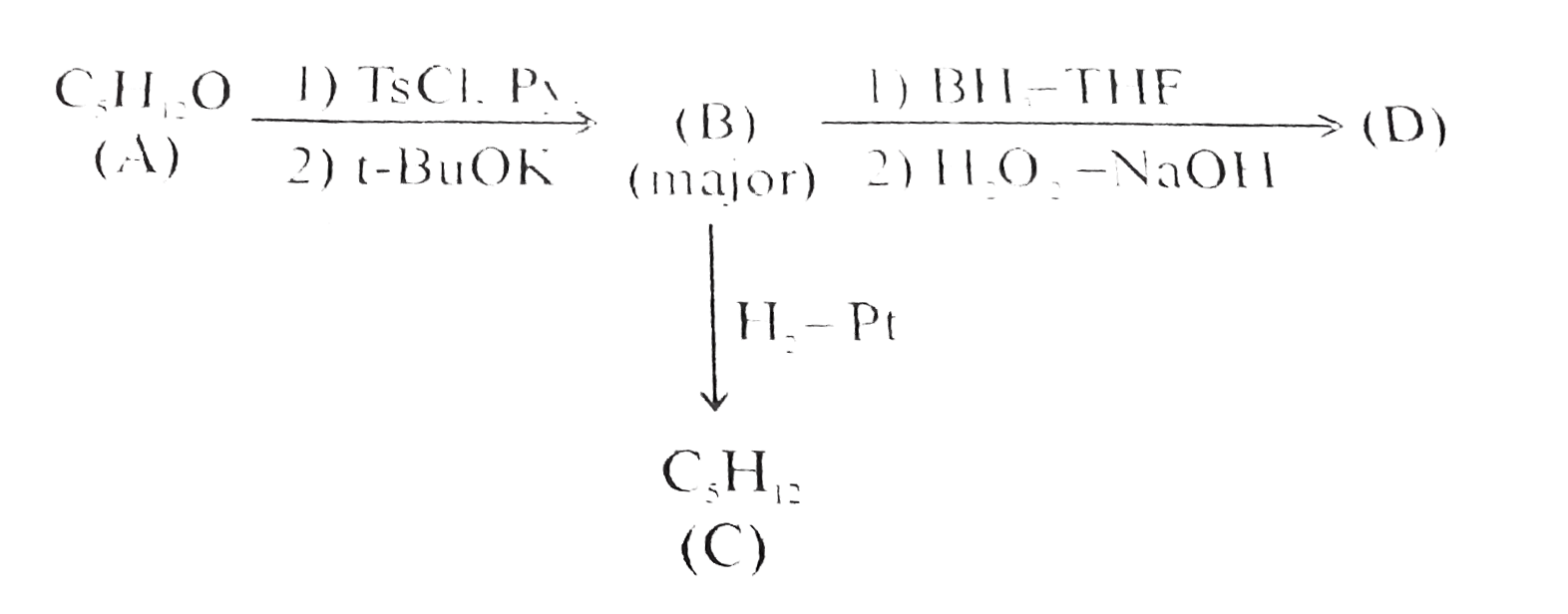
Compound (C ) on Photochlorination gives six monochloroderivaties.
Identify the correct statement?
View Solution

